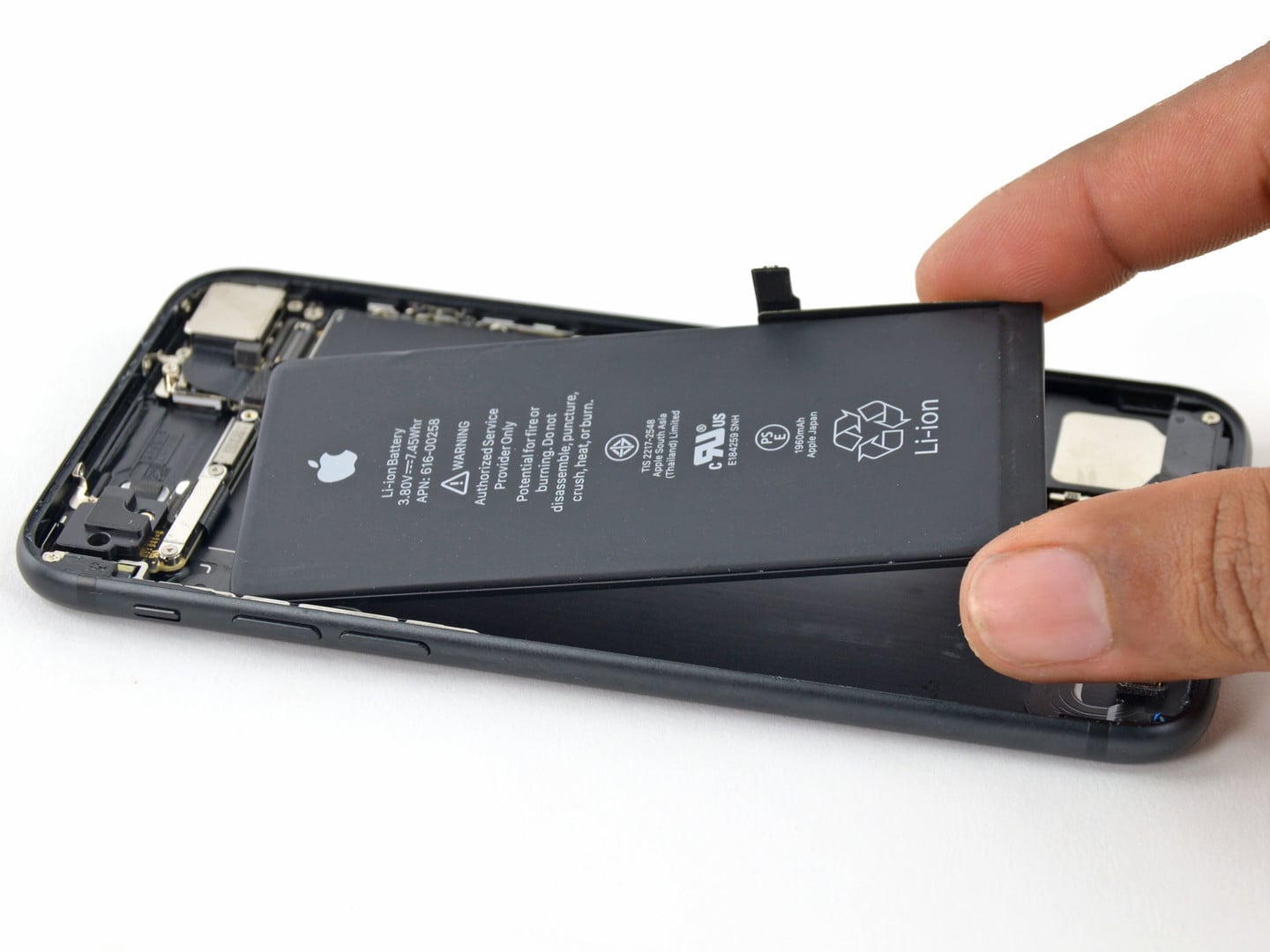
It appears the last threads of the “Battery” gate issue have finally been settled. At least in the United States.
Today, The Washington Post reports that the investigation over battery throttling in iPhones has finalized. This was started by a multi-state initiative, aiming to find out if Apple was throttling devices on purpose in an effort to push sales of new devices, and “violated deceptive trade practice laws”. With the investigation finished, Apple has agreed to pay upwards of $113 million to settle the matter.
In total, 34 states were involved, including the District of Columbia.
In addition to the monetary settlement, Apple has also agreed that it will be more transparent when it comes to future changes to its products, especially the iPhone, in this regard. The company will also be providing more information for users regarding power management and battery health moving forward.
A bit of background
The “Batterygate” fiasco fired up in 2017, with the launch of iOS 10.2.1. At the time, Apple introduced a new power management feature to the software. The idea, according to Apple, was to help stop unexpected shutdowns in older iPhones due to battery issues. Apple’s method to do this was by throttling the iPhone’s performance, which people caught onto pretty quickly.
Apple’s primary misstep here was not being forthcoming about the feature it added to the iPhone lineup. When customers discovered that Apple was downgrading the iPhone’s performance, even if it was trying to save battery life, the retaliation was loud. Customers, regulators, and others saw evidence of planned obsolescence on Apple’s part.
Apple’s apologies arrived eventually. The company even launched a battery replacement program for older devices. Now, customers can shut off iPhone throttling if they want as part of their battery management feature.
Tutorial: How to assess your iPhone battery health and manage CPU throttling
Now, with Apple opting to settle for a lump sum, and be more transparent moving forward, it appears this issue has probably been resolved for the most part.